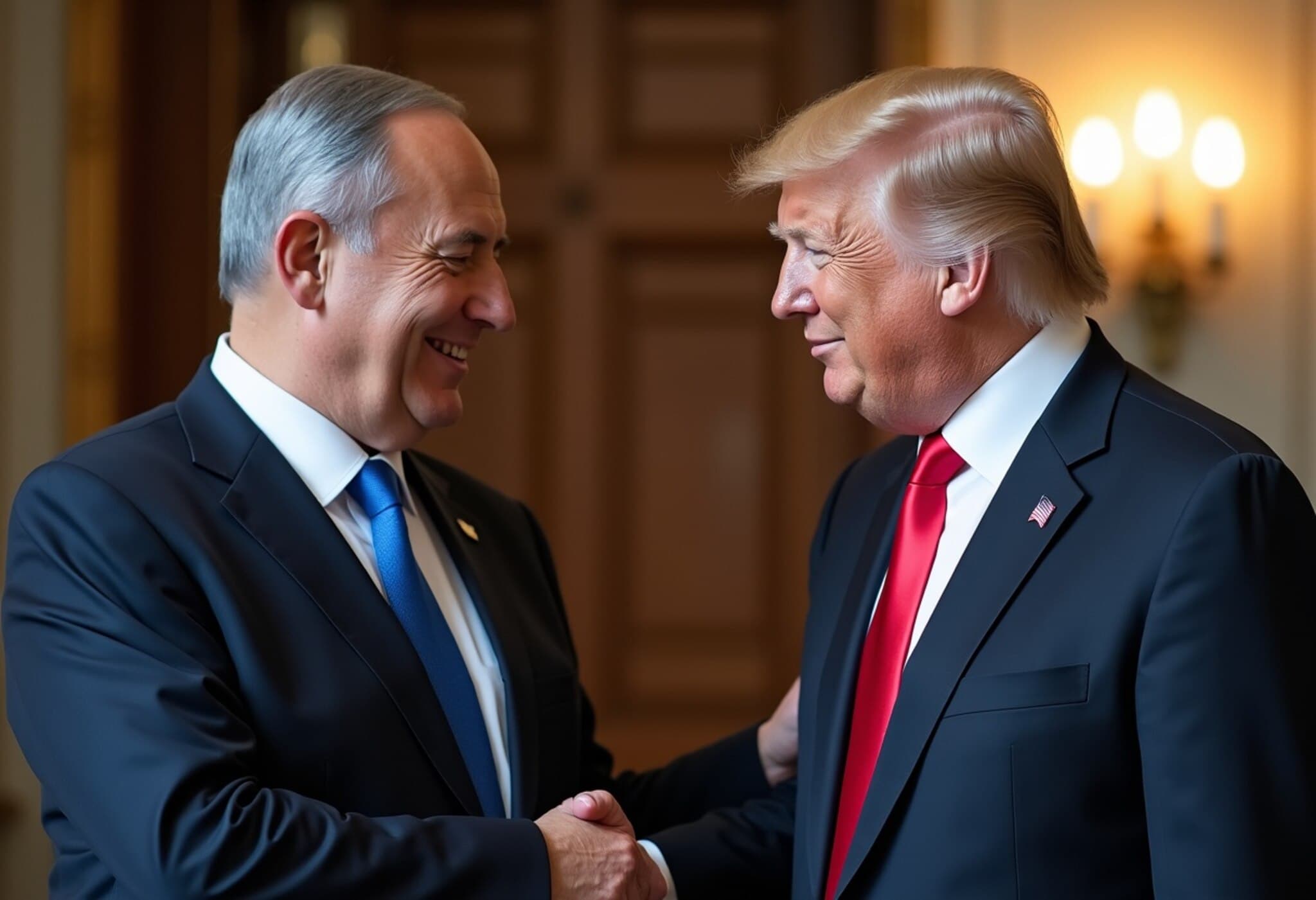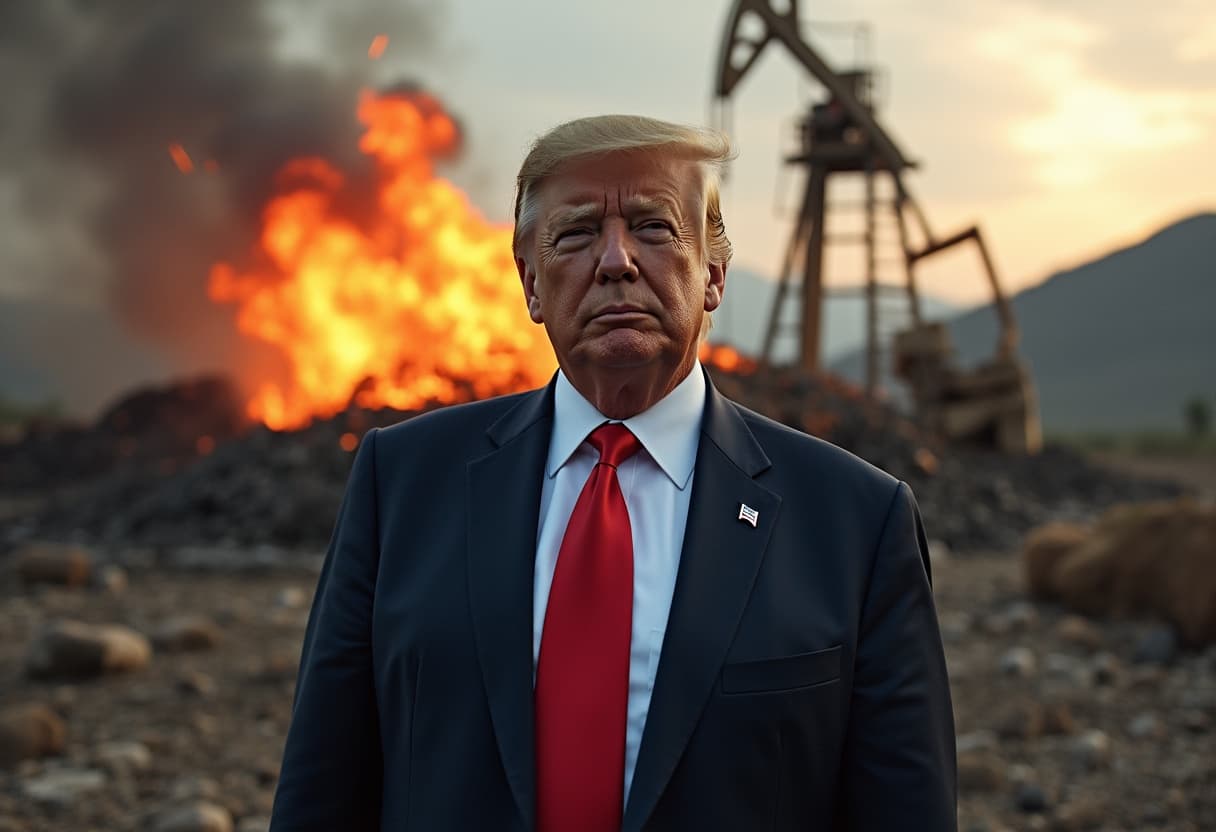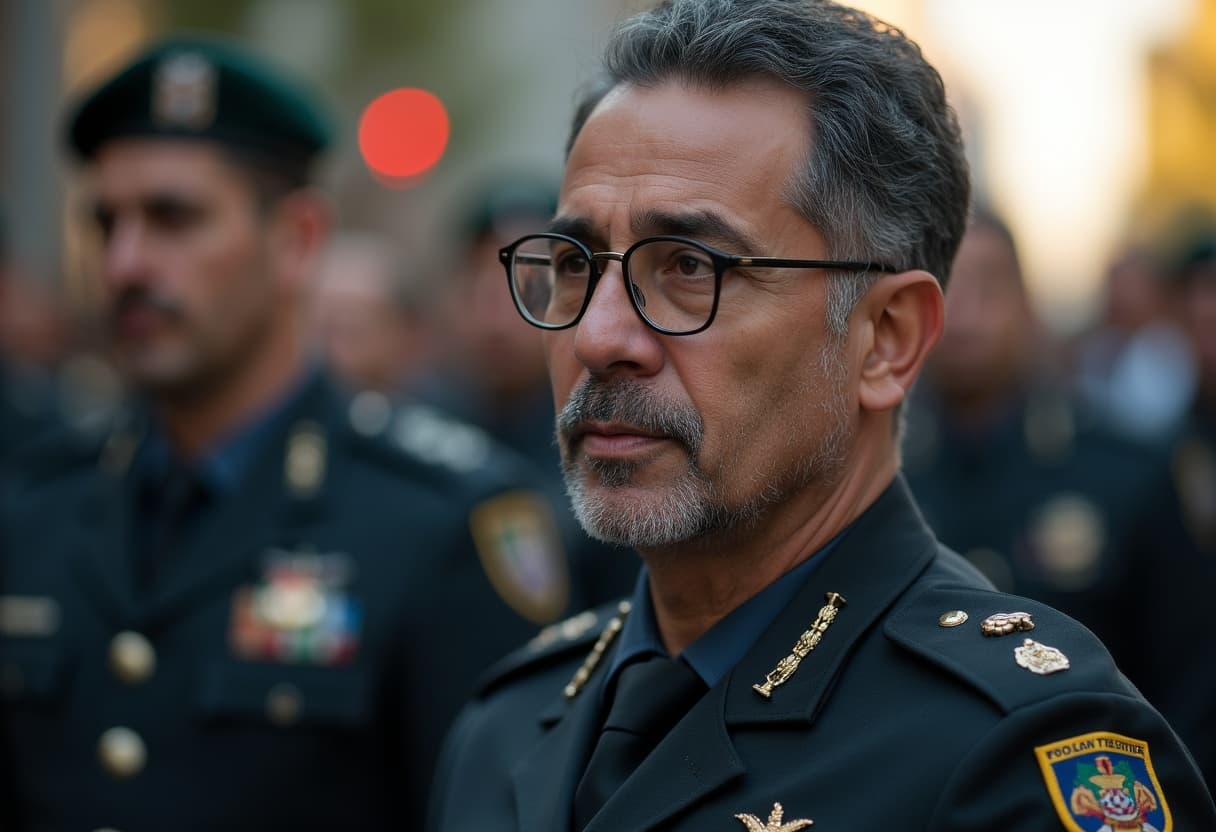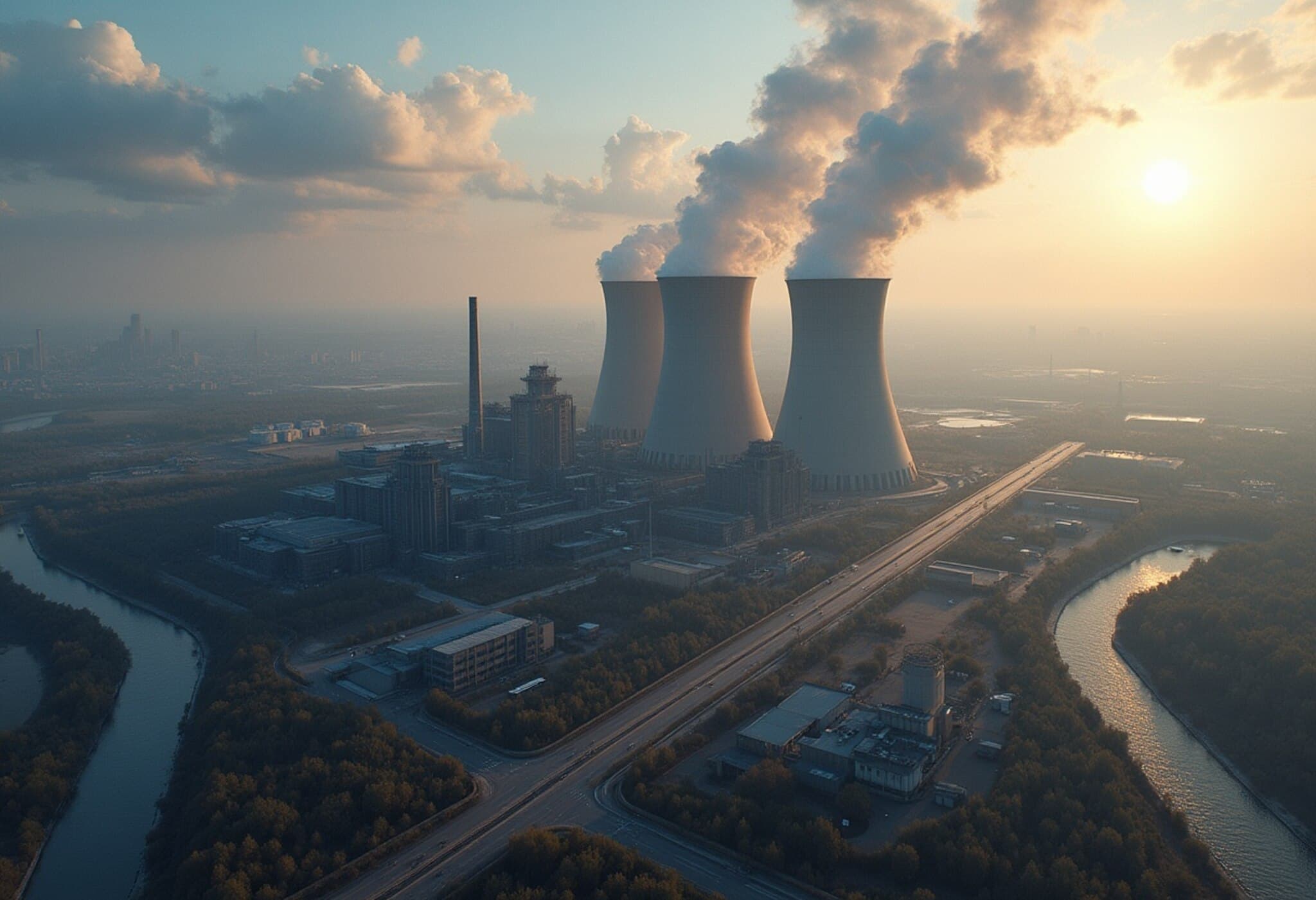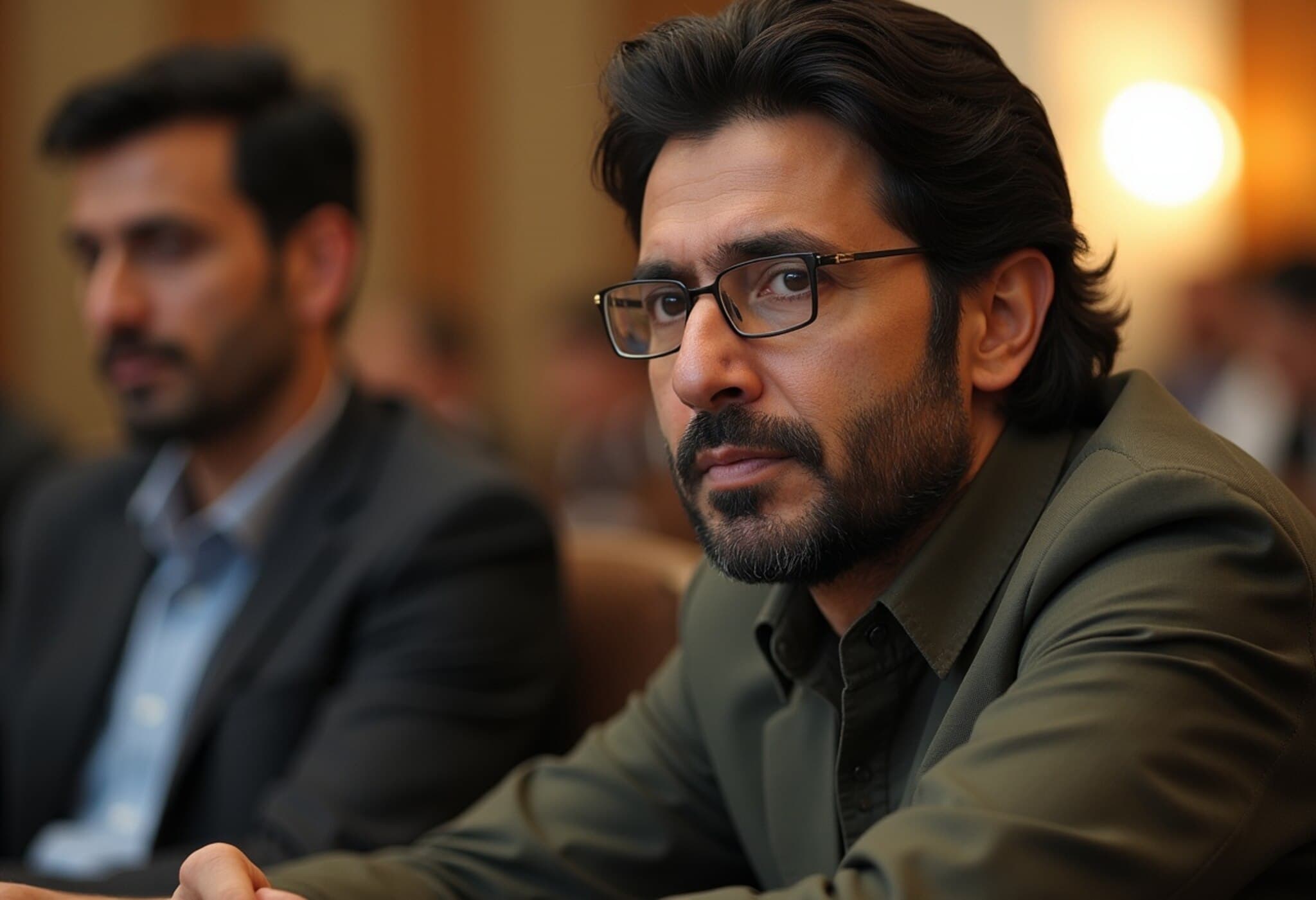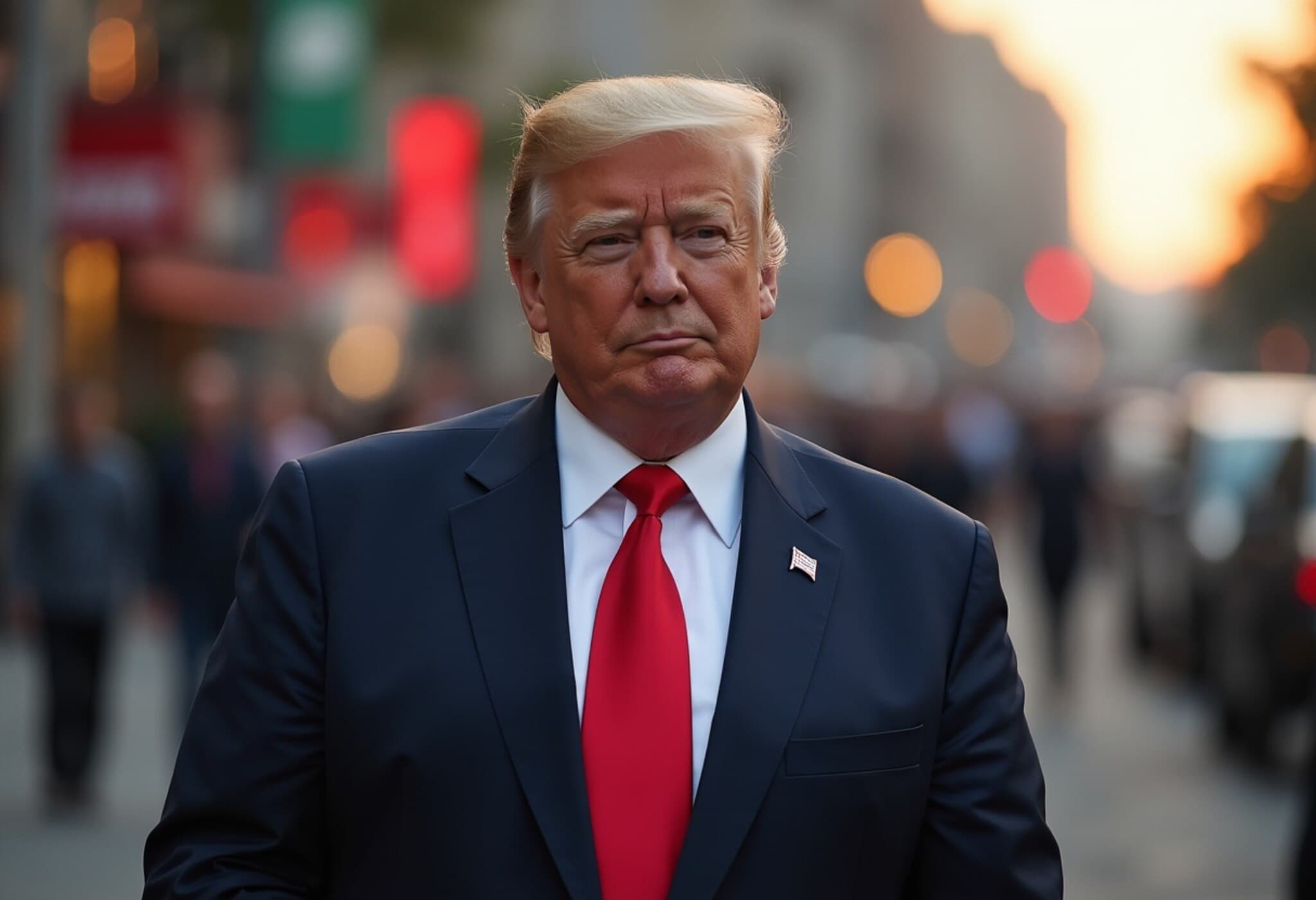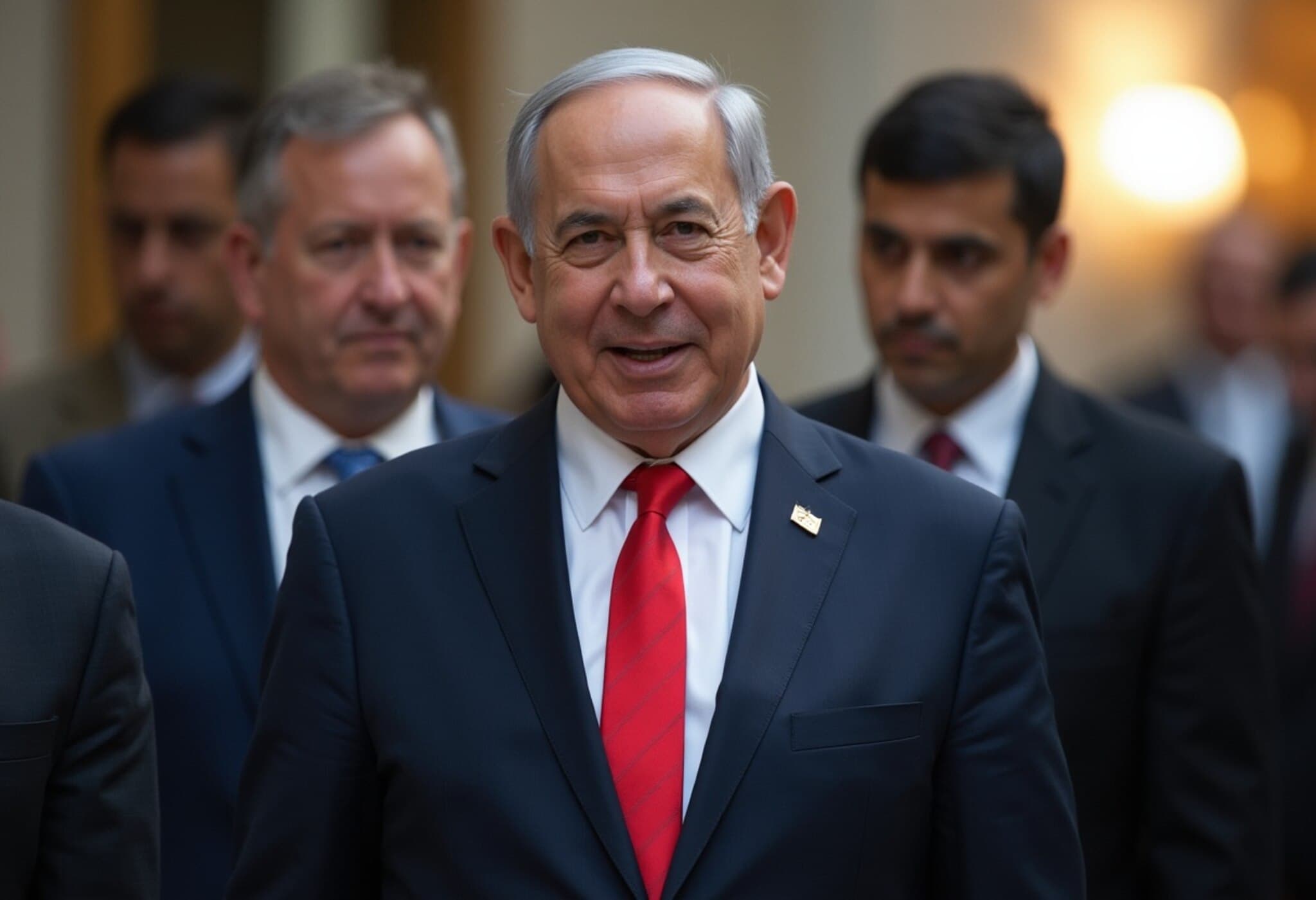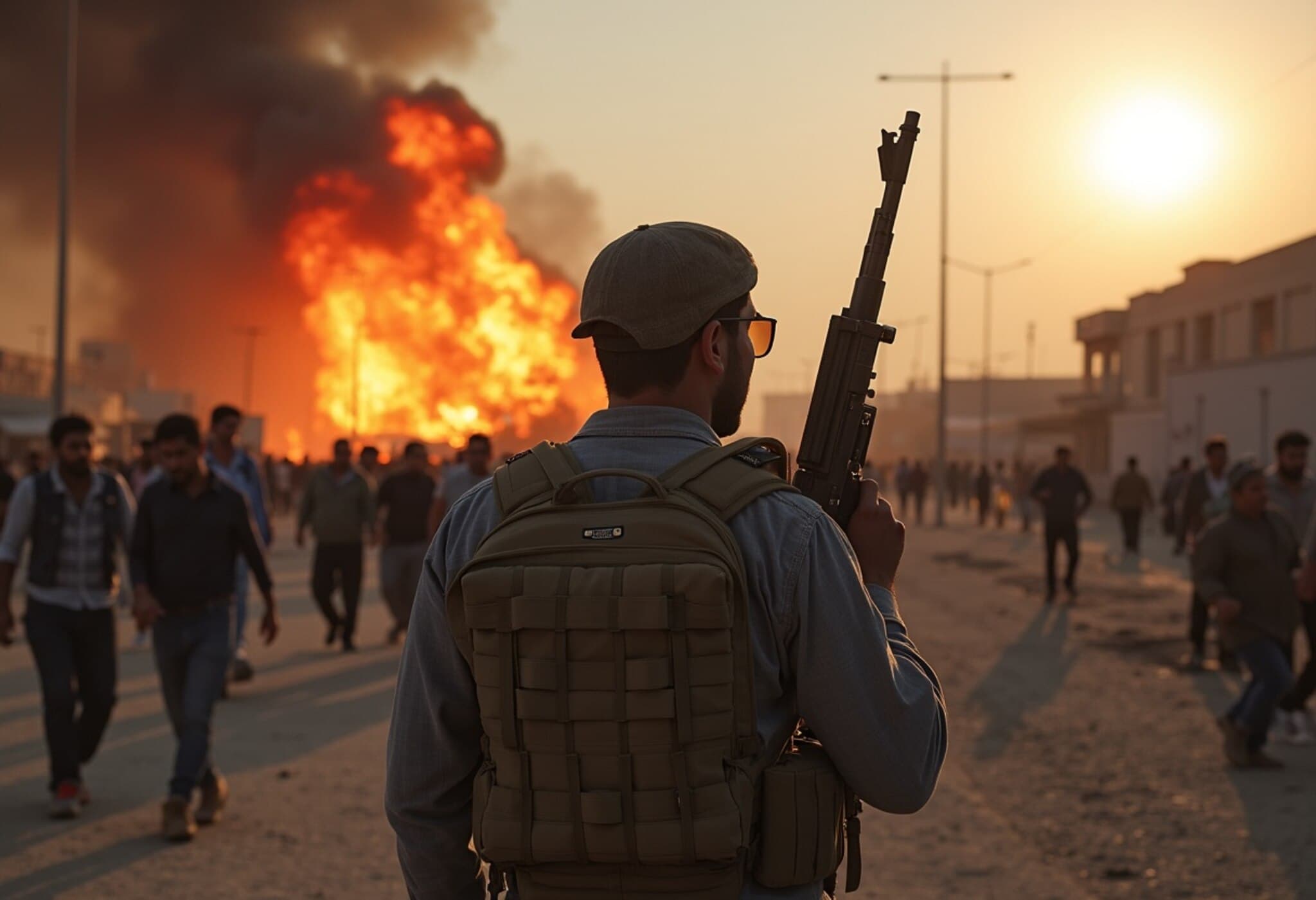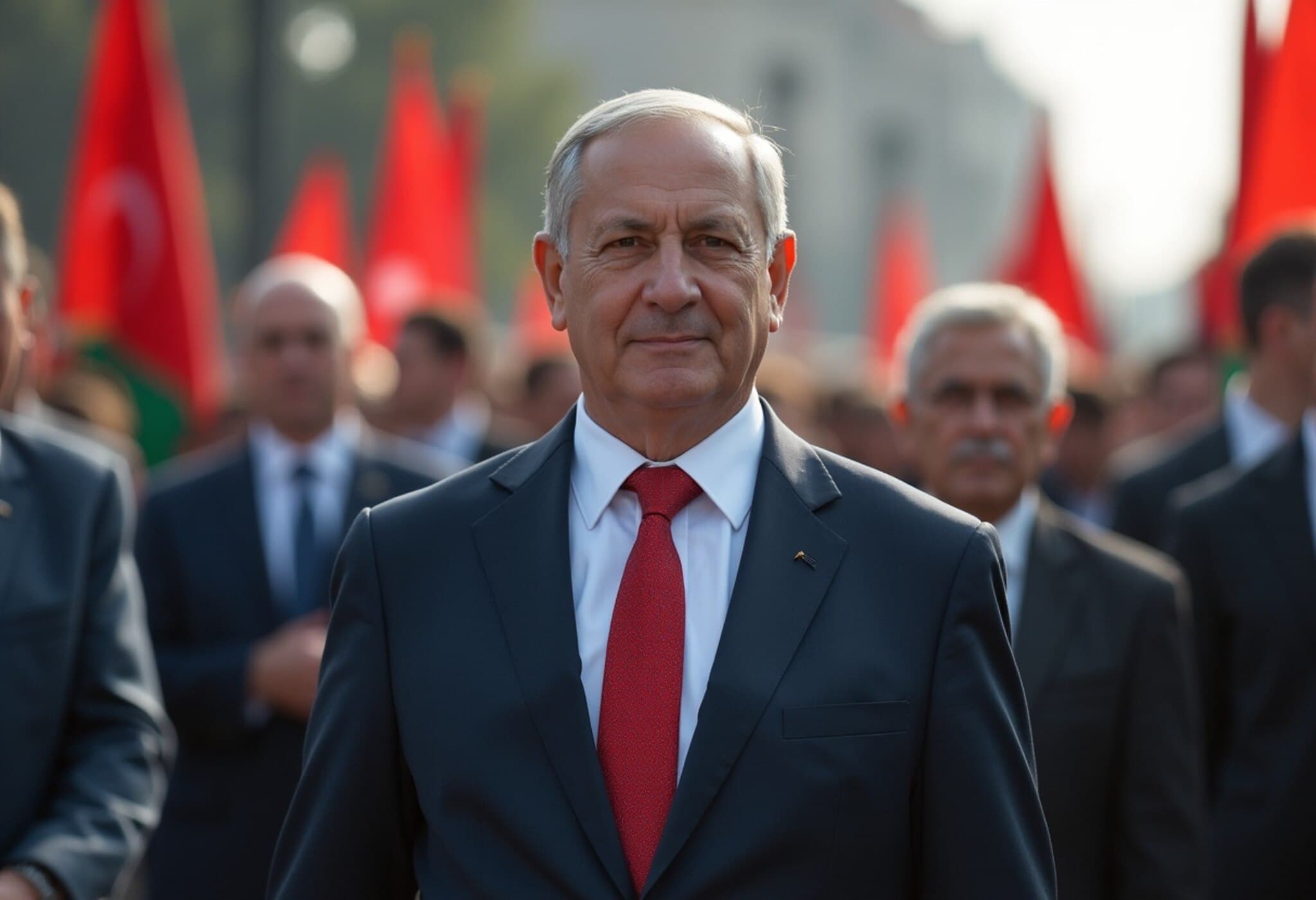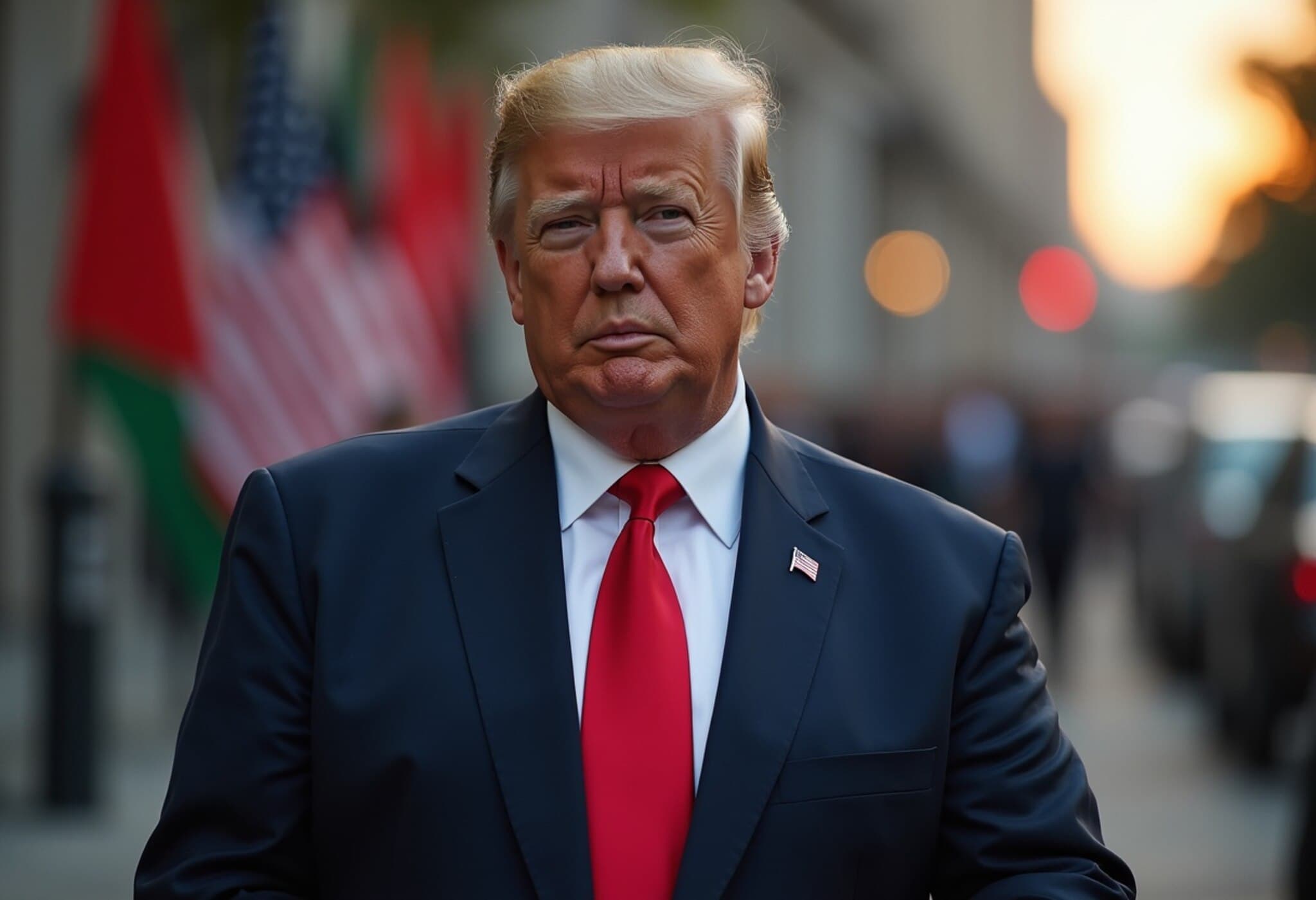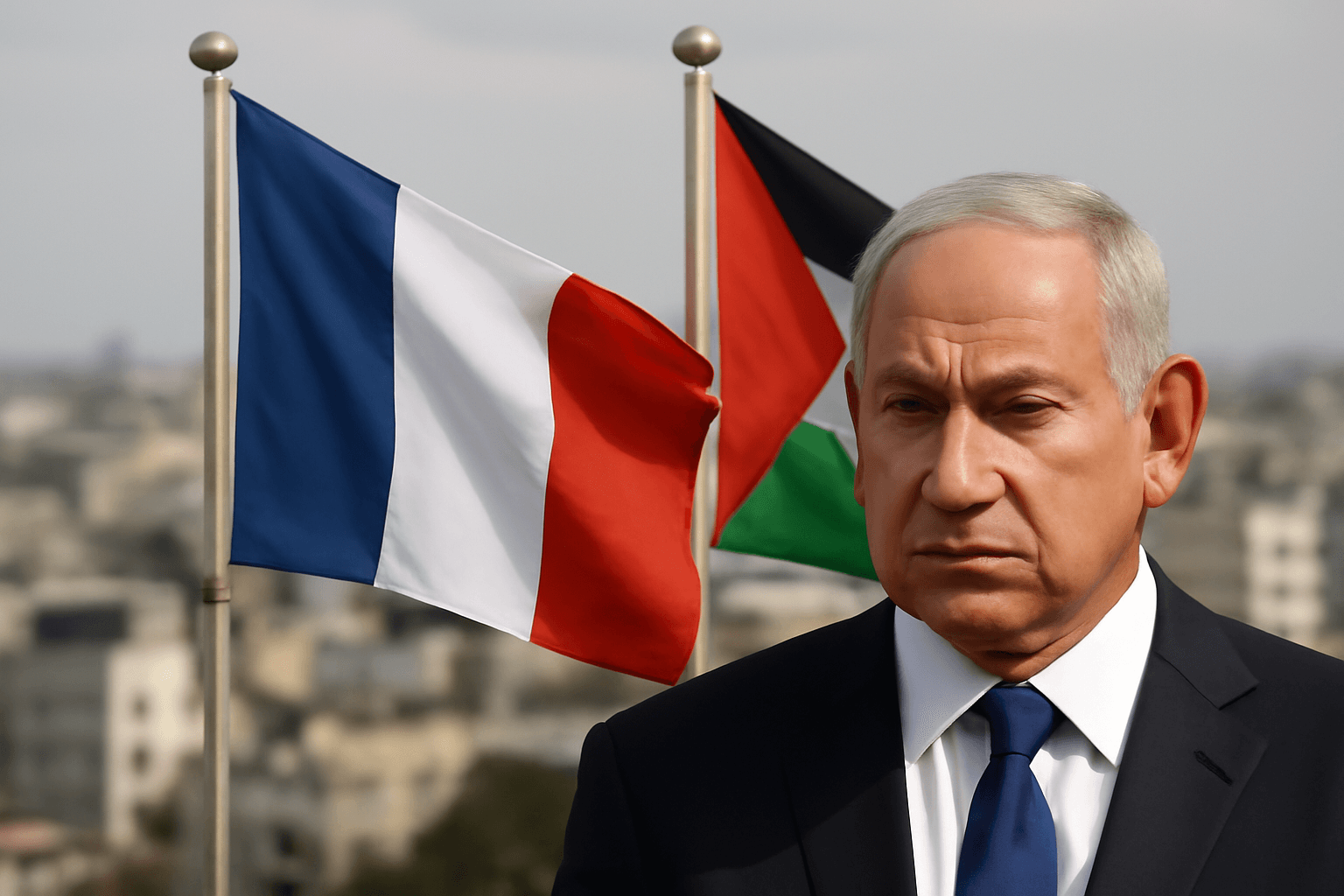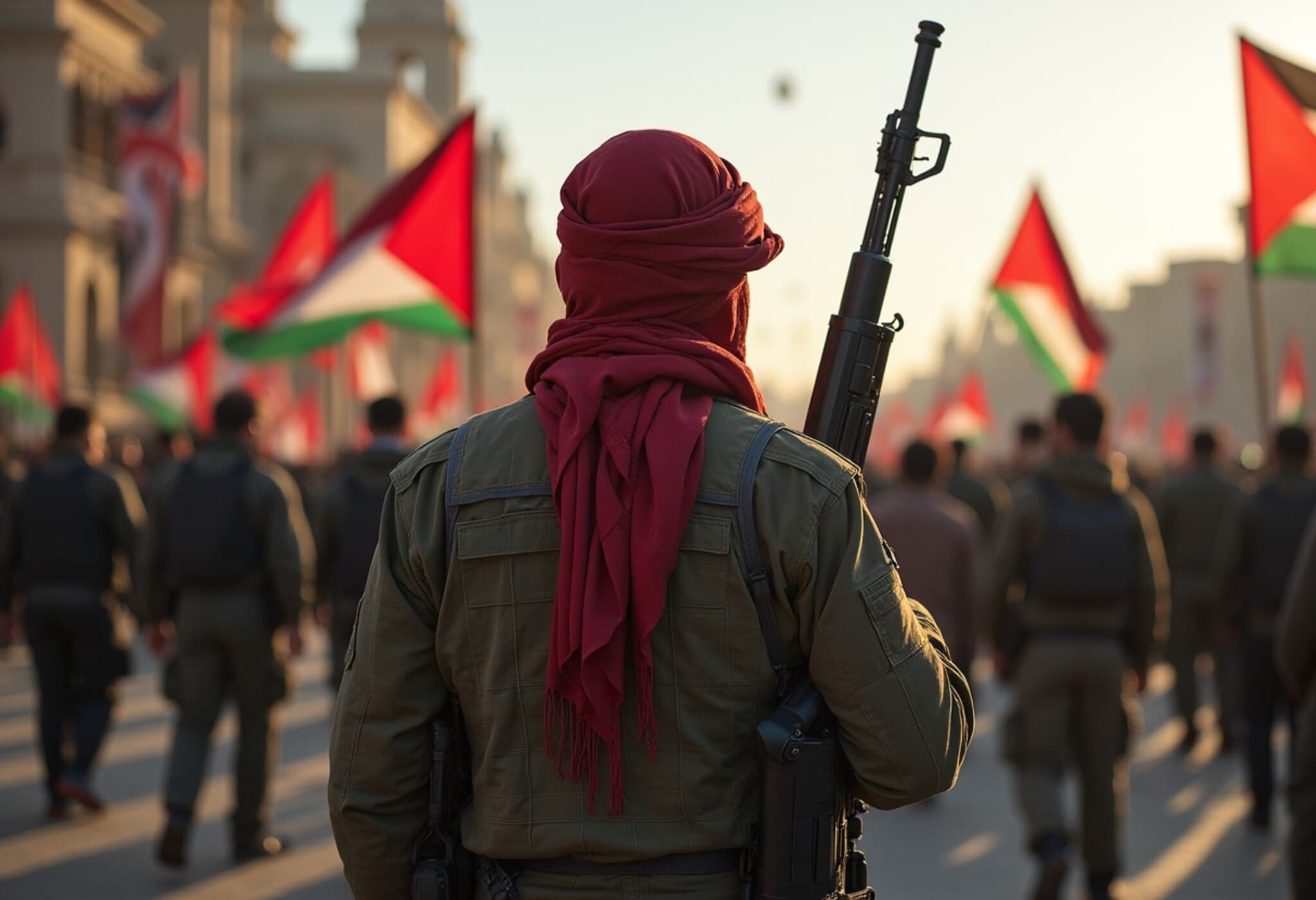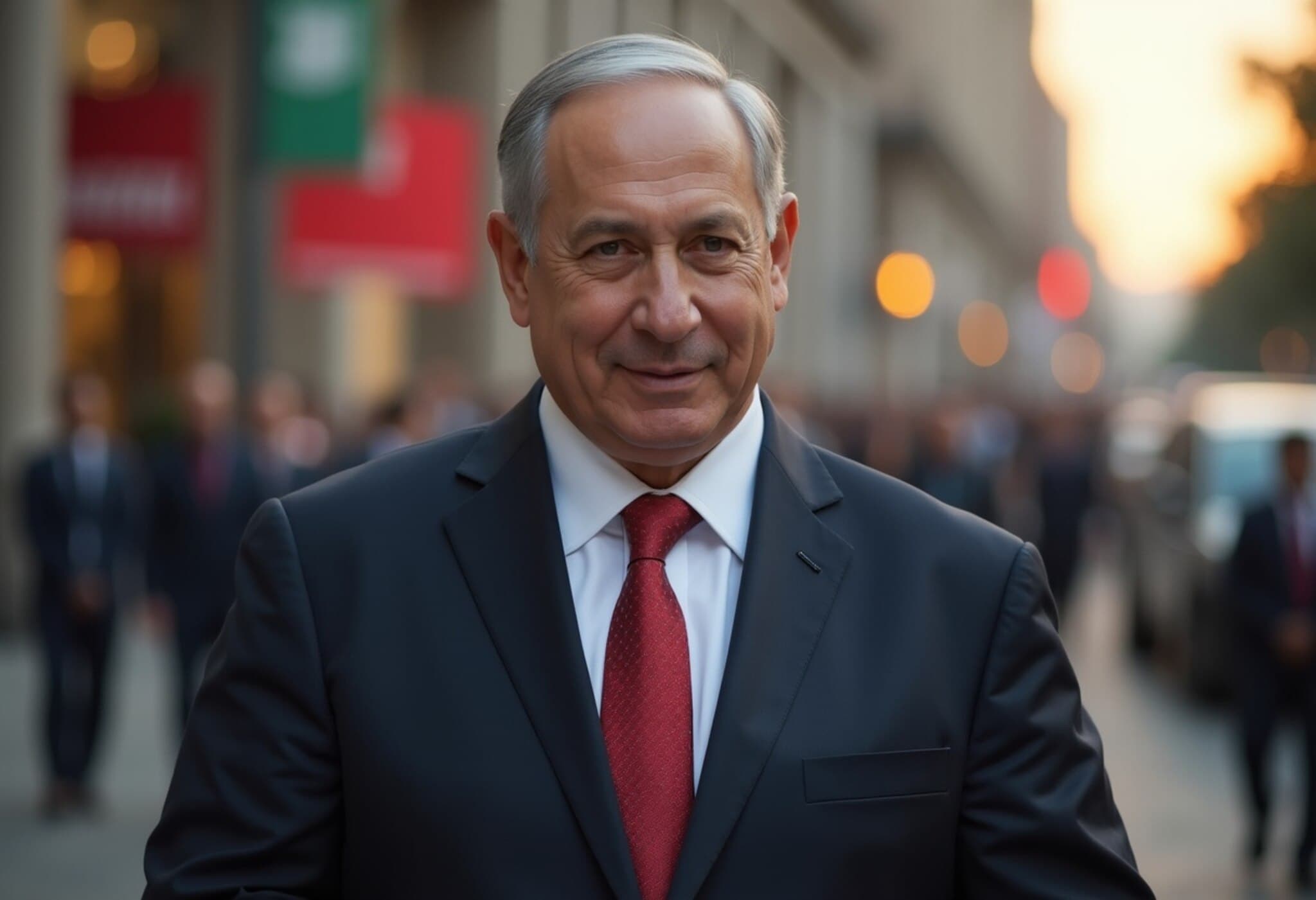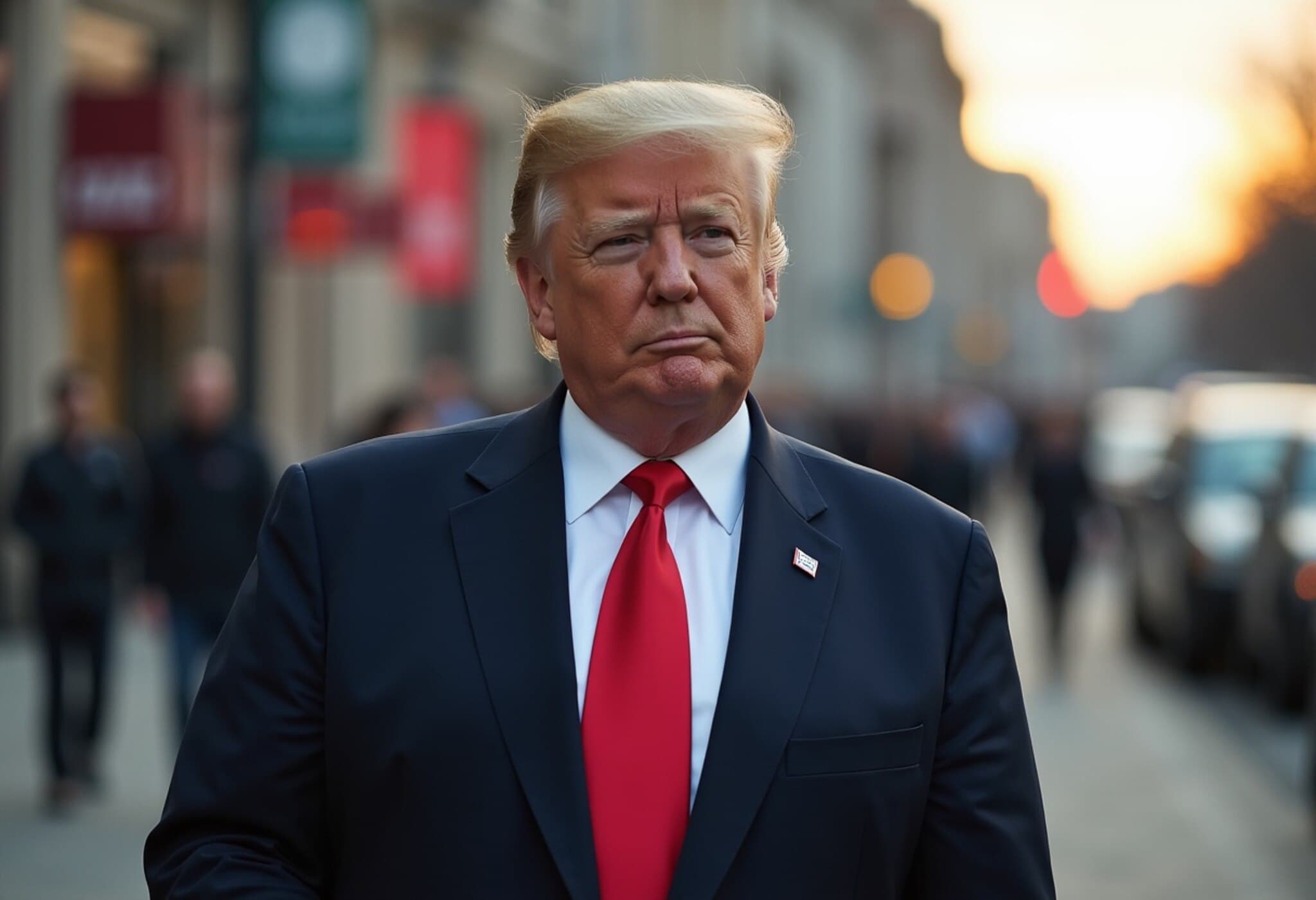Netanyahu Nominates Trump for Nobel Peace Prize Amid Intensified Israel-US Diplomacy
In a striking move that underscores the complex dynamics of Middle East diplomacy, Israeli Prime Minister Benjamin Netanyahu nominated US President Donald Trump for the Nobel Peace Prize. This announcement came on the heels of high-stakes discussions at the White House focused on ceasefire negotiations and hostage release efforts in Gaza.
Forging Peace Amid Conflict: A Profile in Controversy and Hope
Netanyahu warmly presented Trump with the nomination letter during their July 7 meeting, praising the US president’s role in brokering peace agreements across the region. “Mr. President, this nomination is well deserved,” Netanyahu declared, highlighting Trump’s involvement in facilitating the Abraham Accords and mediating other regional tensions.
Trump’s peace credentials have been a recurring theme throughout his political saga. Despite multiple past Nobel nominations, Trump has voiced frustration over the Nobel Committee’s reluctance to award him the prize. His supporters underscore his mediation efforts spanning from India-Pakistan ties to Serbia-Kosovo normalization, and his claimed influence in reducing hostilities between Egypt and Ethiopia.
The Current Diplomatic Landscape: Ceasefire and Hostage Negotiations
The timing of Netanyahu’s nomination is notable as it coincides with key negotiations aimed at easing the intense conflict in Gaza. The United States has been mediating indirect talks between Israel and Hamas representatives in Qatar. Israeli officials, including Netanyahu, express cautious optimism that these efforts could lead to a ceasefire and secure the release of hostages held by Hamas.
Indirect negotiations in Doha continue amid stark tensions: Hamas demands a full cessation of hostilities before releasing captives, while Israel insists on the dismantling of Hamas before halting operations. The fragile truce attempted earlier this year collapsed, leaving the humanitarian situation increasingly dire.
Strategic Alliances and Regional Implications
Netanyahu’s visit also served as a platform to thank Trump for recent US airstrikes targeting Iranian nuclear facilities—strikes Israel views as critical to regional security. Behind the scenes, Israeli diplomats and US envoys such as Middle East special envoy Steve Witkoff and Secretary of State Marco Rubio coordinated closely to strategize the peace talks and broader diplomatic agenda.
Beyond Gaza, Netanyahu envisions a future where successes against Iran could unlock normalization deals with neighboring countries, including Lebanon, Syria, and potentially Saudi Arabia—making these conversations with Trump pivotal in shaping Middle Eastern geopolitics.
Political Undercurrents: Trump, Netanyahu, and Internal Pressures
The Trump-Netanyahu alliance extends beyond diplomacy into the domestic political arena. Trump has publicly criticized the Israeli legal proceedings against Netanyahu, who faces charges including bribery and fraud. This intertwining of legal and political narratives adds another layer of complexity to their partnership.
Expert Commentary: The Challenges and Prospects Ahead
While Trump’s self-styled image as a peacemaker meets skepticism from many quarters, his active involvement undeniably keeps the spotlight on these conflicts. Experts caution that peace efforts risk faltering without sustained international commitment and grassroots reconciliation initiatives.
- US Mediation Role: The US continues to walk a delicate line balancing strategic support for Israel with diplomatic engagement with Palestinian representatives.
- Humanitarian Concerns: Intensified Israeli operations and tightened blockades exacerbate civilian suffering, complicating the moral framework for ceasefire negotiations.
- Geopolitical Stakes: Actions against Iran’s nuclear ambitions may reshape alliances but also risk broadening conflict dynamics.
Looking Ahead: What to Watch
As negotiations persist in Qatar under US mediation, the international community watches closely. The coming weeks could prove decisive in either paving the way for a tentative truce or deepening the cycle of violence. The Nobel Peace Prize nomination, while symbolic, reflects the high political stakes intertwined with hopes for a lasting resolution.
Editor’s Note
President Trump’s Nobel nomination by Netanyahu offers a compelling lens on how peace and politics intersect on the global stage. Whether this accolade holds substantive weight or serves political signaling remains contentious. Yet, it spotlights crucial questions: Can peace endure without addressing underlying grievances? Will international mediation translate into tangible relief for those enduring the Gaza conflict? As this story unfolds, readers should consider the multifaceted realities of peacebuilding beyond headlines—where legal, humanitarian, and diplomatic challenges converge.
By the TOI World Desk, highlighting the evolving narrative with depth and accountability.

